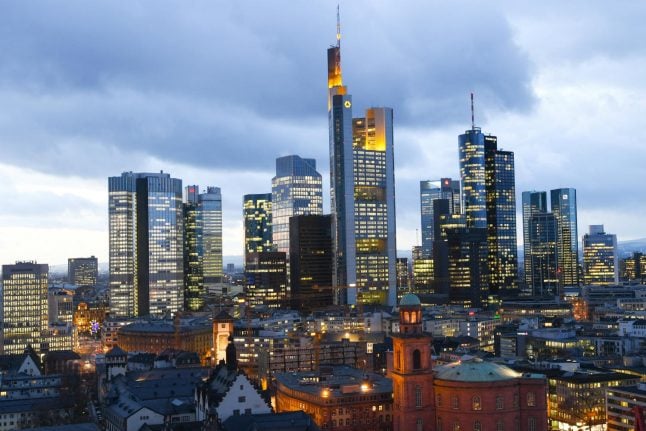“The law on protection from firing for so-called risk-takers at major banks will be loosened,” Chancellor Angela Merkel's spokesman Steffen Seibert told reporters in Berlin, adding the move would “strengthen Germany as a site for the financial sector”.
Industry associations have long called for the freedom to get rid of high-earning traders or other key employees if they fail to perform as expected.
They say the change will help Frankfurt — already home to key institutions such as the European Central Bank — as it races with other financial centres like Paris, Amsterdam and Dublin to attract banks looking for a new home as Brexit disrupts the City of London.
SEE ALSO: The world's smallest global city: How Frankfurt is selling itself to Brexit bankers
Other steps planned in Berlin include changes to tax and insurance laws to prevent firms suffering in case Britain and the remaining European Union member states cannot agree a deal before Brexit day on March 29.
Several large banks have already decided on Frankfurt — known as “Mainhattan” for its clutch of skyscrapers along the Main river — as their future EU base.
Among them are US-based Morgan Stanley, Citigroup and Goldman Sachs, and Japan's Sumitomo Mitsui, Daiwa Securities and Nomura.



 Please whitelist us to continue reading.
Please whitelist us to continue reading.
Member comments